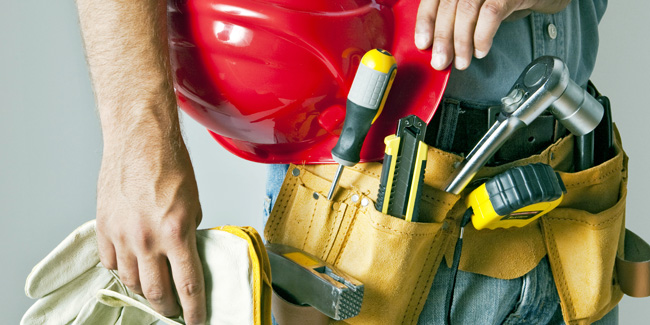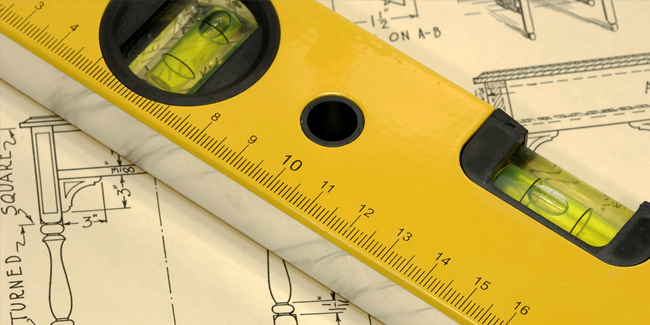No matter what project you are planning to work on, you will need some basic tools to make the job more efficient. There are quite a lot of tools to acquire before you start working.
If you don’t want to do the project yourself, contact Steve Allen Construction of Ocala, Fla. for you next project or read on to see what tools you will need.
Storage Space
The first tool you need, whether you are pursuing carpentry as a hobby or a career, is a storage space for all of your tools. There are two major forms of storage: toolboxes and tool belts.
Toolboxes
There are a variety of sizes of toolboxes available to fit individual needs. Smaller ones, resembling tackle boxes, are useful for carrying smaller items like hammers, nails and marking tools. Larger standing boxes or tool cabinets offer more space but less portability. It’s best to have a designated space for carpentry work, so tools are easily accessible and separate from other elements of the home, like kids’ toys.
Tool Belt
Having a high-quality tool belt saves a lot of hassle on the job site. Invest in a leather one with a three-inch wide adjustable belt, two separate pouches and a hammer loop. Having a tool belt is convenient for both big and small projects.
Hammer
E very contractor needs a hammer. It’s one of the most versatile tools in the box or on the belt. The best hammers for framers are straight claw 20 to 24 ounce. Avoid steel shanked hammers, and instead stick to fiberglass or wood.
Tape Measure
Another iconic carpentry tool for any contracting job is a good tape measure. The brand isn’t a priority, but be sure to choose one that is 25, 30 or 33 feet long with a blade width of at leastone inch. Look for one with a belt clip for easy access and calibrations in both the imperial system, which measures in inches and feet, and metric system.
Utility Knife
Utility knives have an array of uses on the job site, from opening a bag of nails to trimming the corners on a finished piece. Be sure to get one with a retractable blade, a locking mechanism and a strong handle. It’s also good to have one or two replacement blades in the toolbox.
Squares
Make sure you get the perfect right angle with two types of squares: carpenter and speed. They’re useful for designing a layout, marking and drawing straight lines. The carpenter square is larger and L-shaped, while the speed square is smaller and triangle shaped. Invest in good ones made of stainless steel or aluminum.
Level
It’s important to have level horizontal and vertical lines, so you must have at least one level, and preferably more. A two foot bubble levels is useful for most in-home projects, but a four foot model is needed for framing. Laser levels or a combination of laser and bubble levels may also be used.
Carpenter’s Pencil
You need a marking tool to indicate distances and outline cuts so that your work is accurate. A carpenter’s pencil is a must-have tool. It’s a good idea to carry two and sharpen them at both ends so you don’t have to drop what you’re doing to sharpen a pencil.
Chisel
A chisel is necessary for prying, gouging and scraping. Look for one that is one inch wide, so you can use it as a small pry bar. Wood handles are preferable because they give a nice balance to the chisel. It can be cumbersome to use a top heavy chisel.
Cat’s Paw
A cat’s paw has a variety of uses including pulling nails, prying molding or trim away from a wall and light demolition work. Look for one with a nail digger on both ends, one curved and the other straight.
Take note: Don’t choose the cheapest tools available. You get what you pay for, and you will end up spending more time and money replacing cheap tools. That doesn’t mean you have to spend $100 on a titanium framing hammer; a $30-40 framing hammer will do the job well.
Check your local hardware or tool store to acquire all the pieces for your project. It might seem like there are a lot of necessary tools, but once you have them, you’ll be ready for any project.
If you are looking for a professional to get the job done, contact Steve Allen Construction in Ocala Fla. or reach out with your project idea on social media.
These are the must-have tools for every #framing #contractor http://t.co/j3akUdhTHT
— Steve Allen Inc. (@SteveAllenOcala) December 5, 2014
 352.690.6334
352.690.6334

